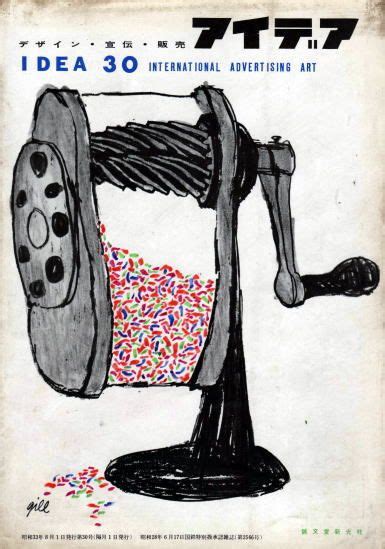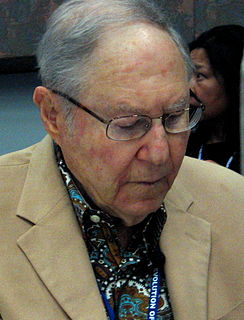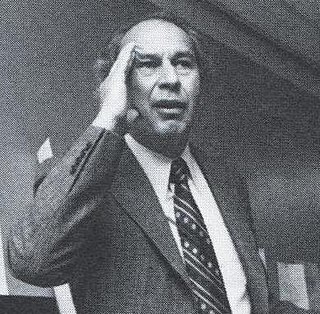A Quote by Carl Jung
Never diagnose a (client) until after their therapy is over.
Related Quotes
If a therapist is feeling insecure in therapy, a lot of therapists will try to sort of push that aside to try to do the therapy. Instead, we would ask people to get with that feeling of insecurity, because after all, the client is being asked to do the same thing. It has a kind of a quality of two human beings in the same situation, really, working through these psychological processes. And yeah, you hired me; I'm working for you as a therapist. But I'm not up here and you're down there. And what you're struggling with, at other times and with other areas I'm struggling with.
Never talk to a client about architecture. Talk to him about his children. That is simply good politics. He will not understand what you have to say about architecture most of the time. An architect of ability should be able to tell a client what he wants. Most of the time a client never knows what he wants.





































